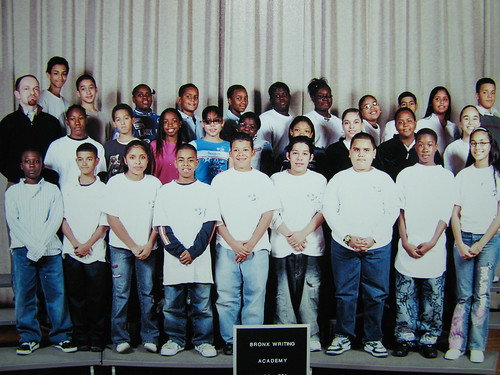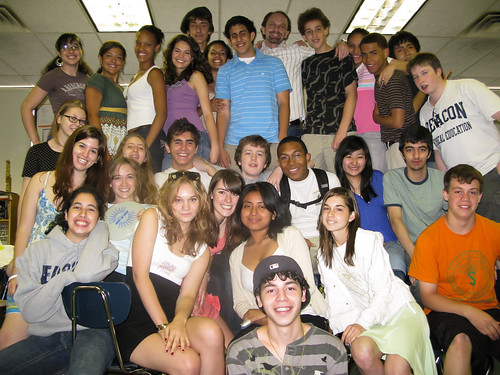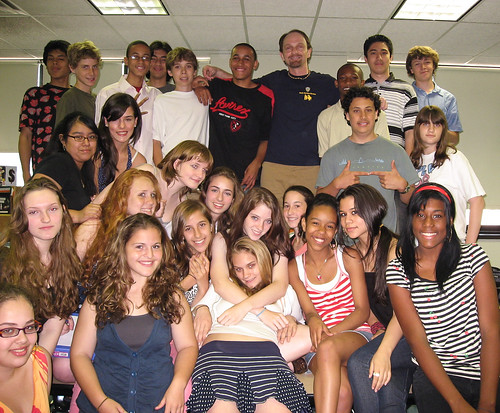IMPORTANT: We are reading Jean Paul Sartre’s Nausea next. I will need a few folks (10) to buy their own copy, so please do so if you are able. We will begin reading over next weekend. Click the link for Nausea!
Also, thank you for a meaningful discussion today!
1. THE STRANGER ESSAY
First Draft due Monday, Oct. 24
Final Draft due Wednesday, Oct. 26
3-4 page literary/philosophical analysis of The Stranger. You are expected to use The Myth of Sisyphus as a complement to your discussion. Sisyphus is a philosophical commentary on The Stranger–Explore. How does Sisyphus help us to understand Camus’ philosophy as communicated through Meursault? IMPORTANT: While Sisyphus is used to give some form to the discussion (i.e. helping to shape the thesis), the discussion is focused on exploring Camus’ message and how he develops that message. While not necessary, I would encourage you to research Camus further to give you further context. Folks, I expect this essay to demonstrate great thematic/philosophical control of both texts. Waiting till the night before is probably not a good idea. Your reading responses and annotations should prove to be quite beneficial here. This should be typed in font size 12 (times new roman or arial). You should have a title!!! The title should reflect your thesis. If you have any questions, please email me.
General Formatting:
- Double-spaced; size 12 font; Times New Roman or similar
- .75 margins on both left and right sides. Justify margin. Indentations– .5” or 1 tab space.
- All pages beyond the first page should be numbered. Page numbers should be placed at the bottom right of each page.
- No Cover Page. Include name, class, and date (Single space the heading)
- Be sure TITLE reflects the theme of the essay (for instance, 1984: Hierarchical Hegemony)
- Include Title, Author, and General Theme of work in first paragraph of essay…For Example—Jean Paul Sartre’s Nausea
- Follow MLA guidelines
Avoid the Following:
- Avoid Pronouns: I, it, you, me, we, us
- Avoid Troublesome language. Do your best to avoid the following words: it, these, this, those, kind of, almost, seems, maybe, like, then, later, eventually, basically, so, many, a lot, things, due to the fact (or any variations of the fact that), in reality, very, really, forms of the verb “to be”
- In the intro, nix all book-review commentary—i.e. “is fascinating, interesting…”
- Avoid meaningless sentences–i.e. “Authors rely heavily on symbolism.”
- Contractions
- While I am not suggesting that you avoid all modifiers, you certainly should be conscious of how you are using them. Yet, definitely avoid the likes of really, basically, very, excellent, terrible, etc.
- Avoid misspelling proper nouns!
Remember:
- When writing about literature, write in the present tense.
- Active voice should be your default voice and only use passive when you are CHOOSING to use passive voice.
- Get comfortable writing in complex and compound sentences.
- Introductions and conclusions are factored into the grading of this essay.
- Read your essay aloud and you will hear many diction and syntax issues.
Keys to Good Writing:
- Cohesion—Every sentence fits together; paragraphs flow smoothly. Ensure that the entire discussion comes together as one unified discussion of your text and its context.
- Concision—Less is more. Use fewer words to explain yourself. Begin fusing sentences by merging ideas into tightly knit phrases.
- Precision—Accuracy. Use words that accurately capture what you mean. Don’t settle for words or expressions that come close.
- Coherence—Does your essay make sense? Are your ideas organized in a logical sequence? Do you prove your thesis? Do the parts contain the essence of the whole?















































